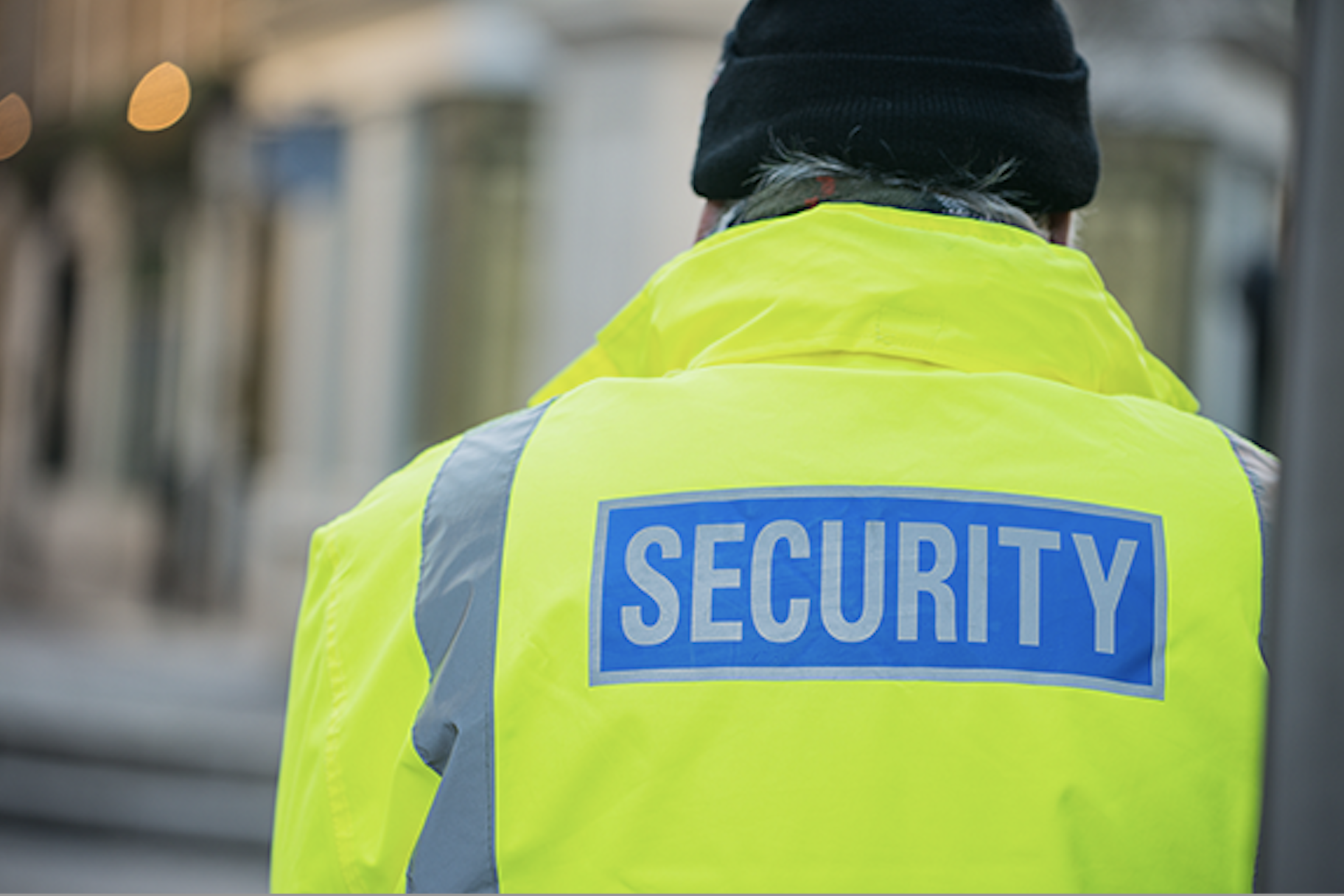Counter-Terrorism in FM – What Training is Available?
On the 19th anniversary of the 9/11 terrorist attacks, we are highlighting the counter-terrorism learning opportunities available for both FMs and the wider...
Read Full Article
As the terrorism threat level is raised to “severe” in the UK after an incident in Liverpool, what actions should commercial property owners and managers take?
There are five levels of threat, set by the Joint Terrorism Analysis Centre and the Security Service (MI5):
The UK was last at “severe” in November 2020 before being lowered to “substantial” in February 2021.
Home Secretary Priti Patel said: “It is important that the public remains alert to the threat from terrorism but not alarmed. I urge anyone with information or who suspects any suspicious activity to report it to the police.
“Threat levels are determined independently of Ministers and are a tool for security practitioners, including the police, to use in determining what protective security response may be required.”
You can find out more about how the threat levels are set, what they mean and when they have changed, by visiting the Security Service webpage.
The government provides detailed guidance for security personnel on what to do following a terrorism threat level change, including managing your Building Response Level
A Building Response Level provides a general indication of the protective security measures that should be applied to a property. They are informed by the UK threat level, but also take into account specific assessments of vulnerability and risk.
There are three levels of response: exceptional, heightened and normal. It’s important that threat levels are communicated to staff working inside the building, however, signage should not be displayed in public areas. This is to avoid equipping terrorists with sensitive information.
One of the most effective measures to deter terrorists and wider criminality is a competent security guard force who appear vigilant and proactively engaged with the public. Active and visible patrols could be useful as well as introducing “unpredictable security measures”. As the government advice states:
“Unpredictability results in the uncertainty and erosion of confidence in the mind of the terrorist, who needs to encounter predictable security arrangements in order to feel assured of success. Wherever possible, introduce unpredictability into your security regime; e.g. patrol patterns, timings and search regimes applied.”
Staff should be trained to be vigilant and immediately report suspicious activity and items. Teach them what suspicious activity may look like and encourage them to trust their instincts and report anything suspicious immediately to the security control room/police.
Where possible, highlight examples where previous staff reporting has led to positive outcomes; this helps promote confidence.
The Met Police force offers the following advice:
You can read more about ACT training here.
Picture: a photograph of a rear view of a hi-visibility jacket with the word's "Security" on
Article written by Ella Tansley | Published 15 November 2021
On the 19th anniversary of the 9/11 terrorist attacks, we are highlighting the counter-terrorism learning opportunities available for both FMs and the wider...
Read Full ArticleSecurity services provider Amulet is building on its long-term partnership with Avanti West Coast with a contract renewal. Amulet has supported Avanti West...
Read Full ArticleCrosby Housing Association has appointed Momentum Maintain, part of The Momentum Group, to deliver cleaning services in the housing provider’s communal areas and...
Read Full ArticleMorgan Sindall Construction has been appointed by Sciontec as the preferred contractor on the Hemisphere One laboratory and workspace development in...
Read Full ArticleM&E and HVAC services provider Kimpton has won a maintenance contract at the tallest building in Liverpool: West Tower. Kimpton will maintain the heating and air...
Read Full ArticleA charity that works with armed forces' veterans is now offering a series of trauma awareness training for security employers. In conjunction with Assist Security...
Read Full ArticleA survey of 107 senior security decision-makers shows that almost a quarter are unsure about how upcoming legislation will impact their organisations. Watch...
Read Full ArticleAssist Security Group has won security services contracts with Epsom and St Helier University Hospitals NHS Trust and Croydon Health Services NHS Trust. Epsom and St...
Read Full ArticleTo mark World Suicide Prevention Day, security services provider First Response Group has joined the Security Consortium for the Prevention of...
Read Full ArticleSatia Rai joins ThisWeekinFM to discuss her passion for the private security industry, her activism and career highlights. Satia, who is the CEO of IPSA, began her...
Read Full Article